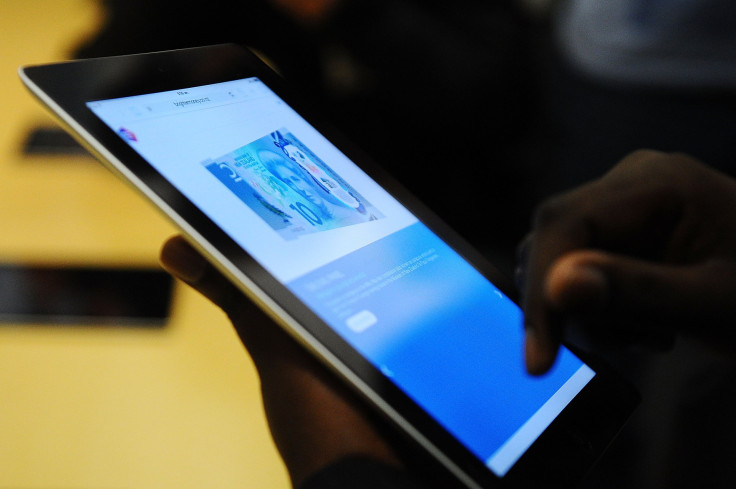Phone, Computer, Tablet Time Hurts Students' Grades: Study

Even one additional hour spent in front of a computer, tablet, television or phone each day can lower students' grades by the equivalent of two full letter grades, report researchers at the University of Cambridge in England.
Their findings, published Thursday in the International Journal of Behavioral Nutrition and Physical Activity, linked an average of one more hour a day in front of a screen to 9.3 fewer points -- equated with a letter grade drop from a B to a D -- on the General Certificate of Secondary Education, or GCSE, which secondary students take in British school systems.
"Spending more time in front of a screen appears to be linked to a poorer performance at GCSE," Kirsten Corder, a leading author of the study, said in a statement. "Further research is needed to confirm this effect conclusively, but parents who are concerned about their child's GCSE grade might consider limiting his or her screen time."
When students spent an average of two more hours per day in frnot of their screens, the number of lost points doubled, to 18. Researchers tracked the physical and sedentary activities of 845 14-year-old secondary school students in Cambridgeshire and Suffolk, England.
Although the increase in screen time was associated with fewer points on the GSCE, the study did not explain why the increase in screen time was linked with lowered grades. But the team of researchers, led by Ian Goodyer, a professor in the department of psychiatry, nevertheless concluded time spent in front of a screen does influence academic performance.
The study was careful to note it was not necessarily the sedentary aspect of screen time that hurt students' grades. On the contrary, evidence indicated that when teenagers were sedentary but spent their time reading or doing homework instead of in front of a screen, their GSCE scores were significantly higher.
Do students who spend more time in front of their screens simply study less? Are students who spend more time with their phones a group that inherently struggles in school? Or do screens and devices somehow hurt students' ability to be high achievers academically? Those questions, and many others, have yet to be answered.
© Copyright IBTimes 2024. All rights reserved.












